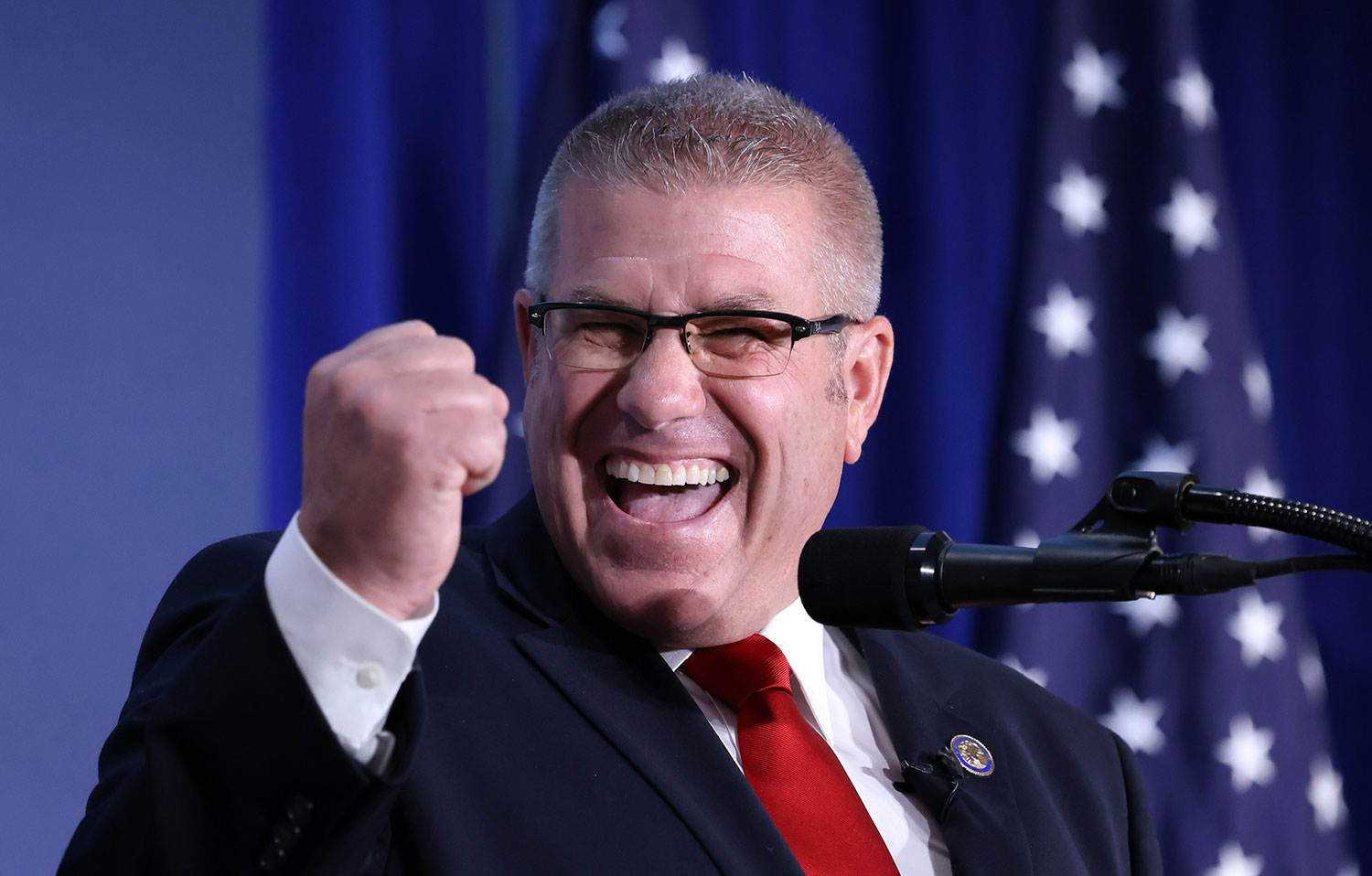Those Downstaters, they sure do talk funny. I know a woman in her 70s from Granite City, one of the trans-Mississippi suburbs of St. Louis, in the alluvial plain known as the American Bottom. Last month, when I visited her house, she asked me, “Do you need a warshcloth?”
A warshcloth, for Standard English speakers unfamiliar with Downstate English, is a square of fabric used to clean dirt off one’s face.
“Warsh” is the signature word of the Midland accent, which is spoken from western Pennsylvania to eastern Kansas — a region that includes Central Illinois. Chicago was settled via the Erie Canal and the Great Lakes, and thus shares an accent with Rochester and Buffalo; Downstate was settled via the old National Road, which parallels modern Interstate 70, so Downstaters talk like folks in Pittsburgh, Cincinnati, and Indianapolis.
They certainly say “warsh” in Pittsburgh. According to this guide to “How to Sound Like a Local in Pittsburgh,” “[w]e warsh our clothes, warsh the dog when it gets muddy, and sometimes, when the weather is nice, hang the warsh out to dry on clotheslines.”
By this lexical logic, our nation’s capital is Warshington, D.C. Former Gov. Jim Edgar, who’s from Charleston, called it that. In 2016, basketball coach Bob Knight, from central Ohio, told an audience in central Indiana that if they voted for Donald Trump, “they’re gonna put you right next to the Founding Fathers and George Warshington.”
Our first president did not call himself “George Warshington.” Refined colonial Virginians omitted the r’s from the middle of words; they certainly didn’t insert r’s where they don’t belong — a bad habit that linguists call “intrusive r.”
So how did “wash” turn into “warsh”? One theory traces the debasement of the word to eastern Pennsylvania, the ancestral home of the Midland accent, where “ah” sounded like o. “Water” was pronounced “wooder.” The similarity to the o in “or” may have made it seem logical to insert an “r”.
While we’re on the subject of how Downstaters can’t speak English, at least not as beautifully or gracefully as Chicagoans, here a few other ways they talk funny:
- They ask “Do you want some melk?” and declare “I’m from Ellinois.” (Darren Bailey of Clay County, the Republican nominee for governor, does this. Beyond the pronunciation, a Chicagoan would never say “I’m from Illinois.”)
- They begin sentences with “anymore”: “Anymore, it’s too dangerous to go downtown.” Known as “positive anymore,” this originated in Northern Ireland, to which many Scots-Irish Midland speakers trace their heritage.
Yes, Midlanders have a long legacy of misusing the language. There is evidence, though, that some of them are learning to speak as properly as Chicagoans. For that, we can thank Route 66. After it opened in 1926, the highway became an avenue for the southwesterly spread of the Northern Cities Vowel Shift, a feature of Chicago speech which causes “that” to sound like “thay-et” and “box” to sound like “bahhx.” Just as those words are supposed to be pronounced. According to the Atlas of North American English, “St. Louis is losing its traditional dialect…in favor of the Northern Cities Shift of the Chicago area, and the corridor along Route I-55 shows the direction of influence.” Our baseball rivalry has brought us together, at least linguistically. Check out this map of American accents for the tongue-shaped “St. Louis Corridor” of the Inland North accent, which is spoken in the Great Lakes region.
“St. Louis is the only city outside the Great Lakes that participates in the Northern Cities Vowel Shift,” says Randy Vines, who studies the St. Louis language as owner of StL Style, a boutique that sells T-shirts with such local sayings as “Highway Midland Farty” and “Where’d You Go to High School?” “St. Louis has more in common with the northern and eastern cities than the rest of Missouri. You go 35 miles out, and there’s a major difference.”
(This is also because St. Louisans consider themselves sophisticated urbanites, and don’t want to sound like Josh Hawley voters or Oak Ridge Boys fans from Branson.)
No one demonstrates this shift to the Vowel Shift better than St. Louis native John Goodman. As exurban Chicago working stiff Dan Conner on the sitcom Roseanne, Goodman delivered a completely authentic Inland North accent, calling his wife “Rose-ayen,” and his sister-in-law “Jaya-ckie.” It wasn’t an act. In interviews, he says “hay-end” for “hand” and “shahht” for “shot.” An older St. Louisan, former Cardinals outfielder and broadcaster Mike Shannon still speaks Midland: He called the Cardinals’ National League rivals the “Worshington Nationals,” while a pitcher threw a “ninety-six mahl an ahr fastball.” The ballplayer and the actor were born on opposite sides of World War II: Shannon in 1939, Goodman in 1952.
World War II is a good dividing line for “warsh,” too. Like so many colorful regionalisms that are being erased by the standardization of American English, “warsh” is now grandma and grandpa speak. We can appreciate “warsh,” when we still hear it, as a word from a disappearing accent; we can also appreciate its disappearance as evidence that Downstaters, and their riverside neighbors in St. Louis, are finally learning not to stick an “r” where it doesn’t belong.




